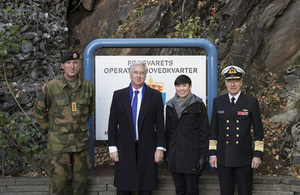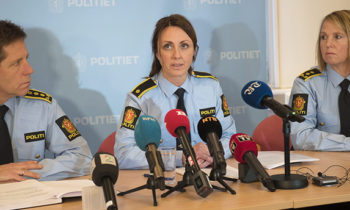
Deputy Police Chief Gunnar Floystad (L), investigation leader Hilde Reikeraas (C) and prosecutor Janne Heltne (R) at a press conference on the pedophile network case (EPA Photo)
One of the leading figures of the child pornography network in Norway received three years in prison for confessing and pleading guilty to the crime.
According to Norwegian broadcaster TV2, the 24-year-man was sentenced to three years and eight months in prison by Bergen County Court for sexually abusing 18 children in Norway.
His victims were children, both girls and boys, between the ages of 13 and 16. The verdict is reportedly based on the rape of three under 16-year-old girls. The accused filmed and photographed all of these sexual acts with the children, which are now used as evidence against him. In total 2,300 photos and 190 videos were confiscated.
According to Norwegian Verdens Gang (VG) newspaper, the man testified that he had had sexual chat with around 800 people, of whom 20 to 30 could be under 16.
However, his sentence was lowered for ‘good conduct’ and cooperation with police.
The Norwegian police carried out an operation entitled ‘Dark Room’ and uncovered a network of pedophiles, detaining 20 of them last week. The police launched investigations against 31 other men suspected of having links with the network.
The 24-year-old man being prosecuted was one of the key figures. 150 Terabytes of countless photos, movies and chat room conversations were confiscated in the operation, reports said.

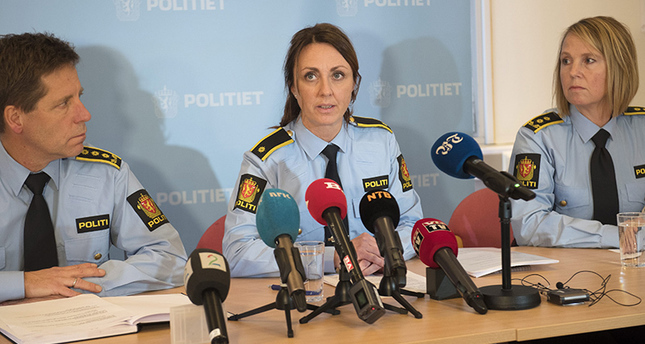
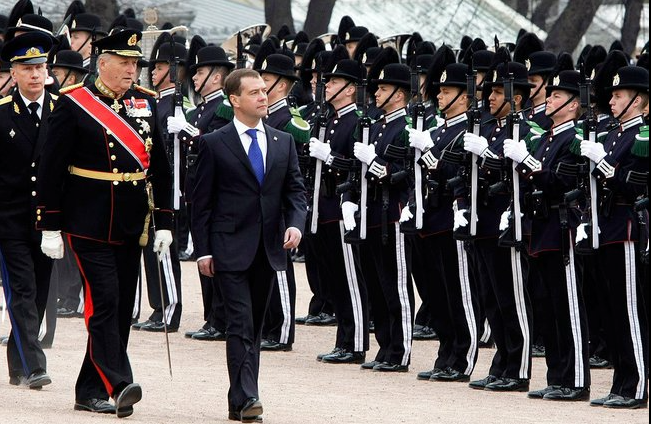
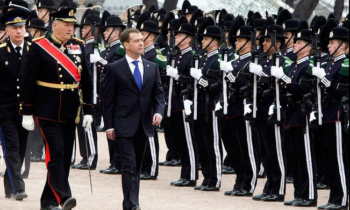 Norway has resumed high-level talks with Russia on trade and economic cooperation that were broken off after Moscow annexed Crimea in 2014, the Norwegian Ministry of Trade, Industry and Fisheries said in a statement on Monday.
Norway has resumed high-level talks with Russia on trade and economic cooperation that were broken off after Moscow annexed Crimea in 2014, the Norwegian Ministry of Trade, Industry and Fisheries said in a statement on Monday.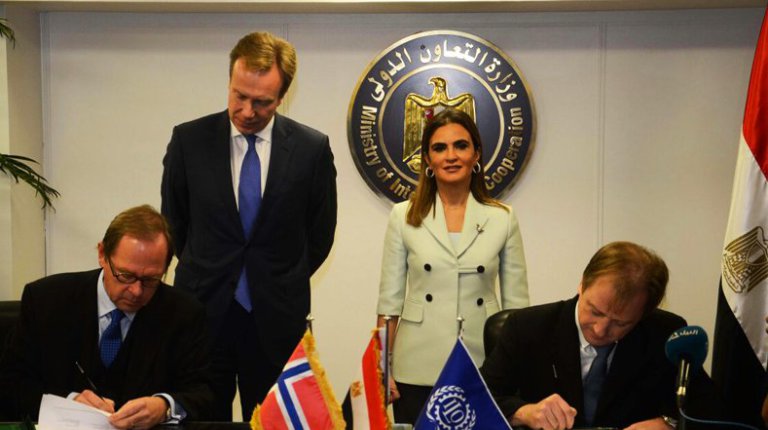
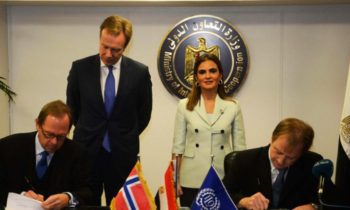 Egypt’s Minister of International Cooperation Sahar Nasr and foreign minister of Norway Børge Brende signed on Sunday an agreement worth $1.2m regarding the implementation of the “Job opportunities for youth of Egypt” project in Qaliubiya and Menoufiya governorates.
Egypt’s Minister of International Cooperation Sahar Nasr and foreign minister of Norway Børge Brende signed on Sunday an agreement worth $1.2m regarding the implementation of the “Job opportunities for youth of Egypt” project in Qaliubiya and Menoufiya governorates.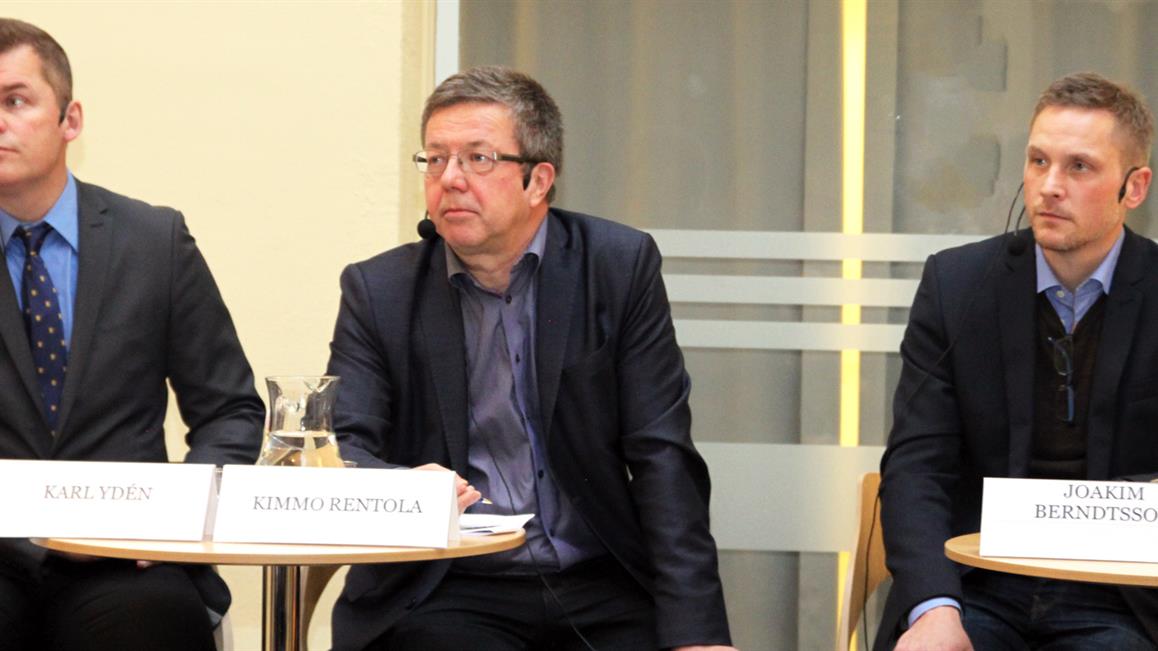
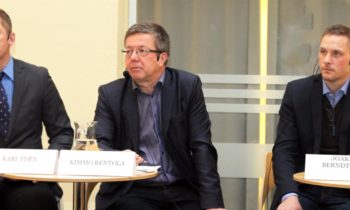 On the 24 November 2016, Joakim Berndtsson, Karl Ydén and Kimmo Rentola visited IFS to discuss why Sweden and Finland have not become NATO members.
On the 24 November 2016, Joakim Berndtsson, Karl Ydén and Kimmo Rentola visited IFS to discuss why Sweden and Finland have not become NATO members.
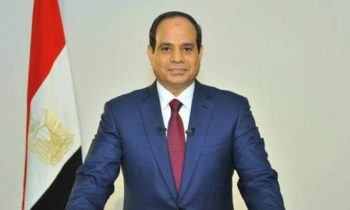 President of Egypt, Abdel Fattah Al-Sisi said on Sunday that Egypt is looking forward to enhancing cooperation in all fields with Norway during his meeting with Norwegian foreign minister Børge Brende, along with Egypt’s Minister of Foreign Affairs Sameh Shoukry and Norway’s ambassador to Egypt.
President of Egypt, Abdel Fattah Al-Sisi said on Sunday that Egypt is looking forward to enhancing cooperation in all fields with Norway during his meeting with Norwegian foreign minister Børge Brende, along with Egypt’s Minister of Foreign Affairs Sameh Shoukry and Norway’s ambassador to Egypt.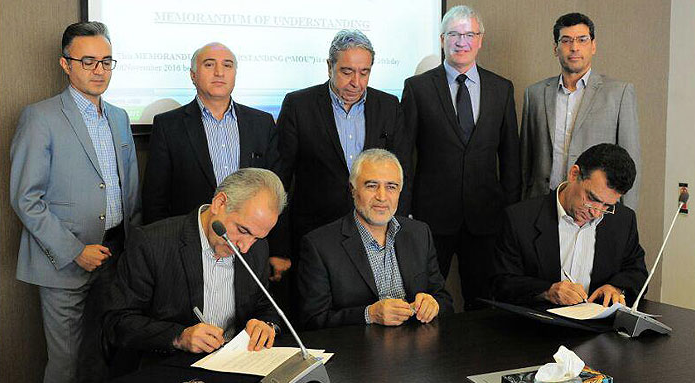
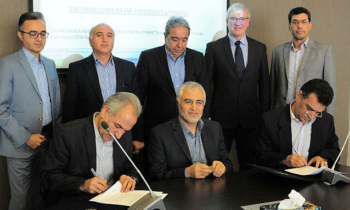 Iran’s Association of Oil Industry Companies Health, Safety and Environment signed an MoU with the Norwegian company of Lloyd’s Register (LR) in the field of HSE.
Iran’s Association of Oil Industry Companies Health, Safety and Environment signed an MoU with the Norwegian company of Lloyd’s Register (LR) in the field of HSE.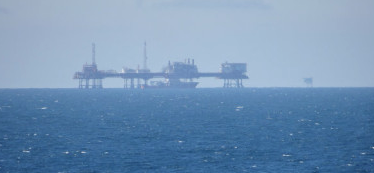
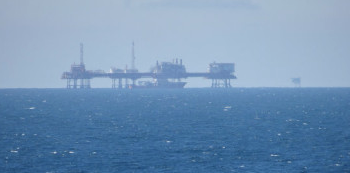 Production was shut down due to a fire alarm on Statoil’s Heimdal gas platform in the North Sea on Friday morning, Norwegian press reported.
Production was shut down due to a fire alarm on Statoil’s Heimdal gas platform in the North Sea on Friday morning, Norwegian press reported.
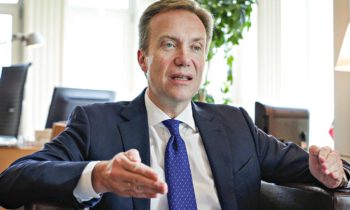 Norwegian Foreign Minister Børge Brende sees increasing chances for the Duterte administration forging a peace deal between the Philippine government and the Communist Party of the Philippines (CPP).
Norwegian Foreign Minister Børge Brende sees increasing chances for the Duterte administration forging a peace deal between the Philippine government and the Communist Party of the Philippines (CPP).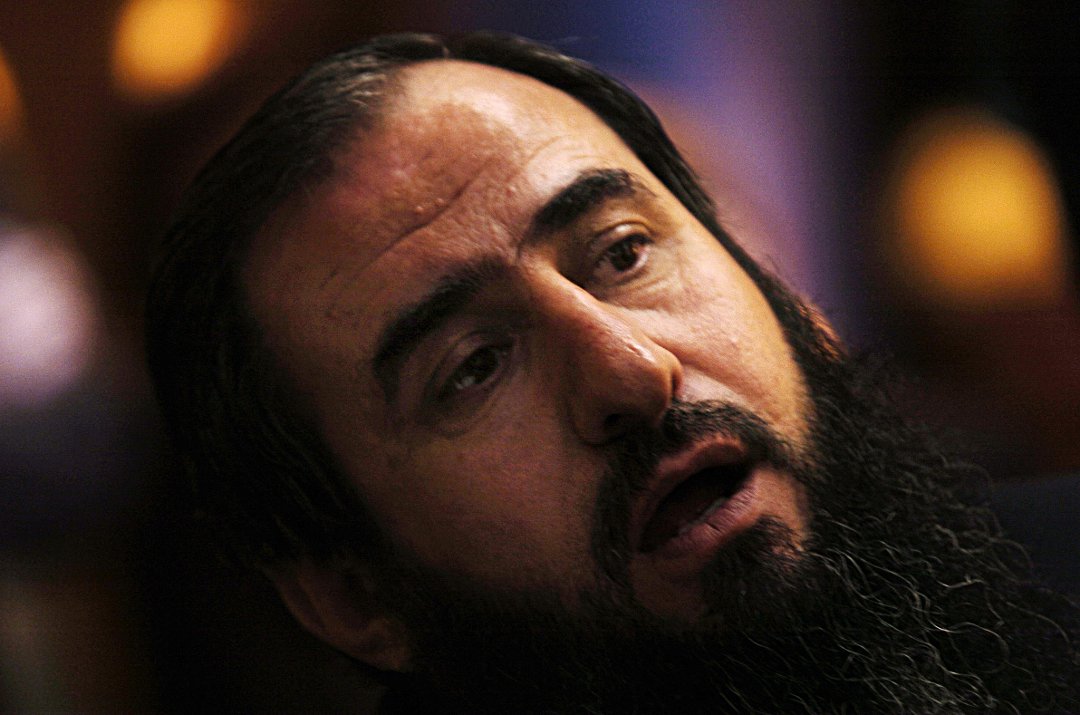
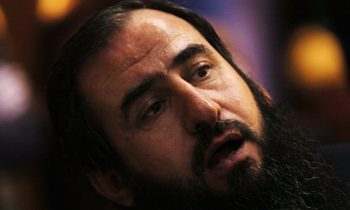 Norwegian judges confirmed on Friday that all conditions had been met to extradite Krekar to Italy, where he would face terror-related charges.
Norwegian judges confirmed on Friday that all conditions had been met to extradite Krekar to Italy, where he would face terror-related charges.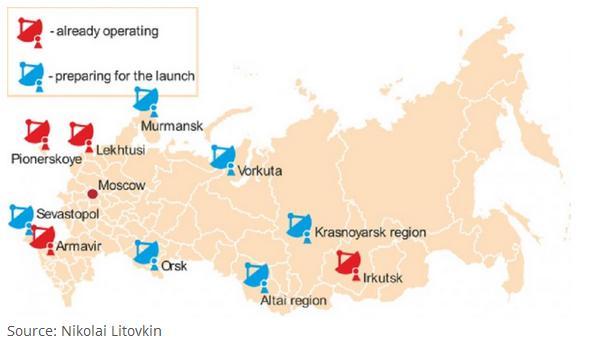
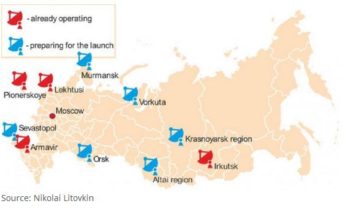 Russia is to install a heavy-duty radar station near Murmansk, not far from the border with Finland and Norway, to warn of potential missile strikes, according to Sergei Boyev, chief executive of the holding company that will construct it.
Russia is to install a heavy-duty radar station near Murmansk, not far from the border with Finland and Norway, to warn of potential missile strikes, according to Sergei Boyev, chief executive of the holding company that will construct it.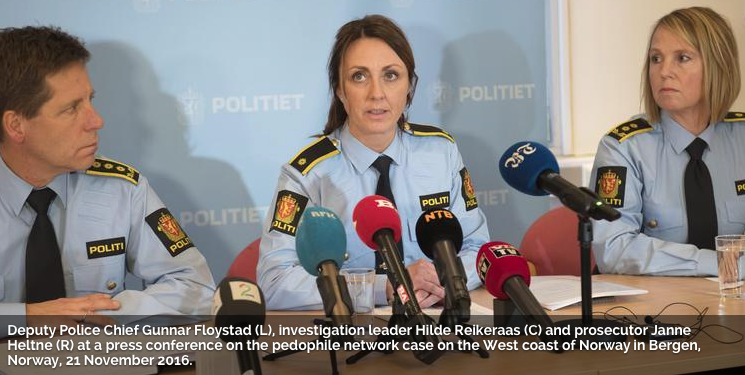
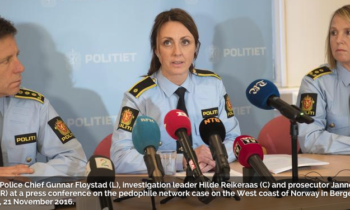 Norwegian police said Tuesday they expect more arrests in connection with a probe into 51 men linked to what they believe is the country’s largest paedophile ring to date.
Norwegian police said Tuesday they expect more arrests in connection with a probe into 51 men linked to what they believe is the country’s largest paedophile ring to date.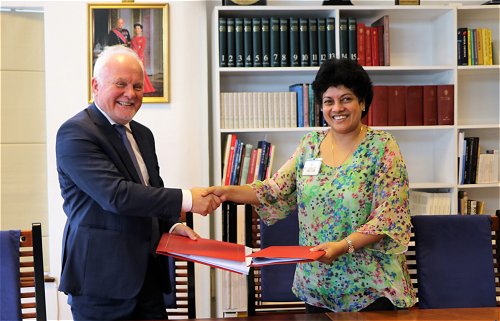
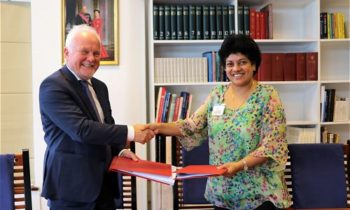 Norway and International Labor Organization (ILO) in Sri Lanka have signed a partnership agreement on Tuesday to extend the Government of Norway’s support to the conflict affected communities in the North. The project will address the immediate needs of decent work and livelihood opportunities at the grass root level in the conflict affected Northern Districts.
Norway and International Labor Organization (ILO) in Sri Lanka have signed a partnership agreement on Tuesday to extend the Government of Norway’s support to the conflict affected communities in the North. The project will address the immediate needs of decent work and livelihood opportunities at the grass root level in the conflict affected Northern Districts.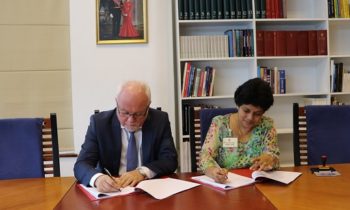 fruit and vegetable sector the project will focus on expanding different varieties of fruits and green leaves and herbal products which have viable export market potential. Under the fishery sector, the main focus will be on seafood for developing export links.
fruit and vegetable sector the project will focus on expanding different varieties of fruits and green leaves and herbal products which have viable export market potential. Under the fishery sector, the main focus will be on seafood for developing export links.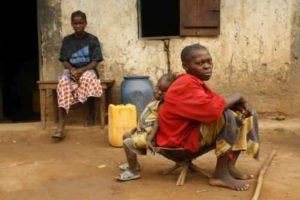
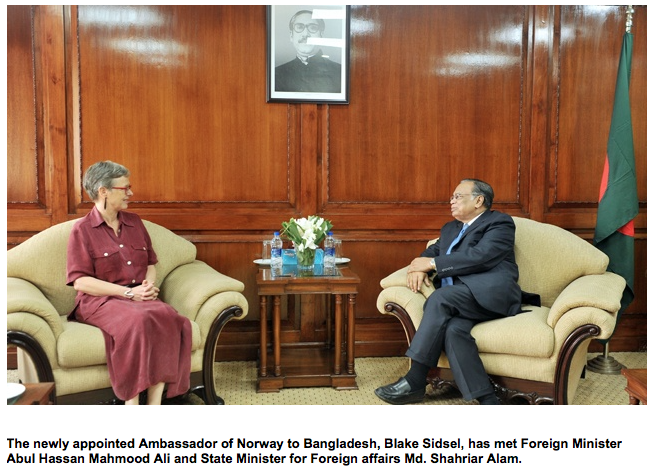
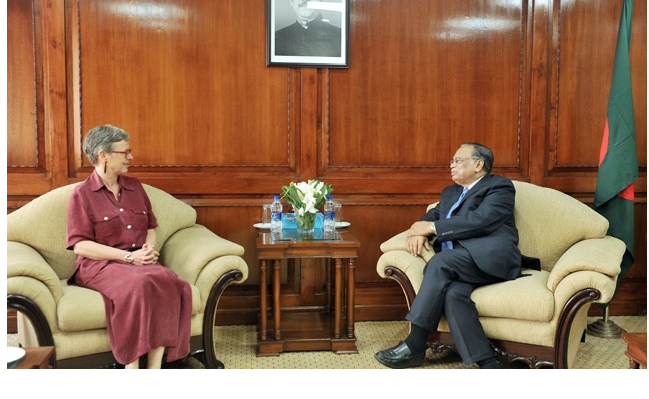 The newly appointed Ambassador of Norway to Bangladesh, Blake Sidsel, has met Bangladesh Foreign Minister Abul Hassan Mahmood Ali and State Minister for Foreign affairs Md. Shahriar Alam.
The newly appointed Ambassador of Norway to Bangladesh, Blake Sidsel, has met Bangladesh Foreign Minister Abul Hassan Mahmood Ali and State Minister for Foreign affairs Md. Shahriar Alam.
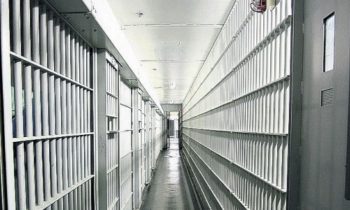 Norwegian police say they are investigating a paedophile network suspected to involve at least 51 people, which includes the abuse of infants and at least one case of a suspect acknowledging abusing his own children.
Norwegian police say they are investigating a paedophile network suspected to involve at least 51 people, which includes the abuse of infants and at least one case of a suspect acknowledging abusing his own children.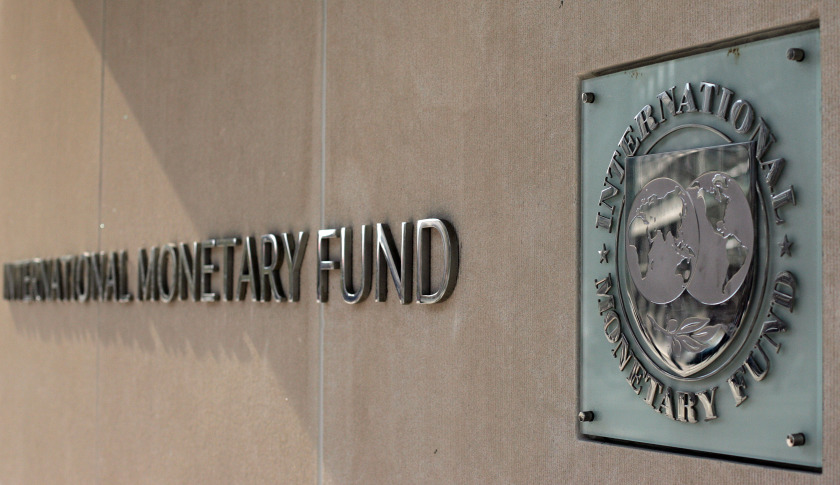
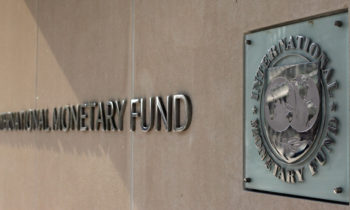

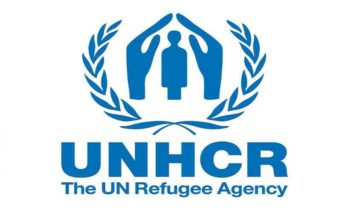 Just a few weeks after the Norwegian authorities said they will send refugees back to Somalia, the United Nations High Commissioner for Refugees (UNHCR) has urged Norway to change its mind.
Just a few weeks after the Norwegian authorities said they will send refugees back to Somalia, the United Nations High Commissioner for Refugees (UNHCR) has urged Norway to change its mind.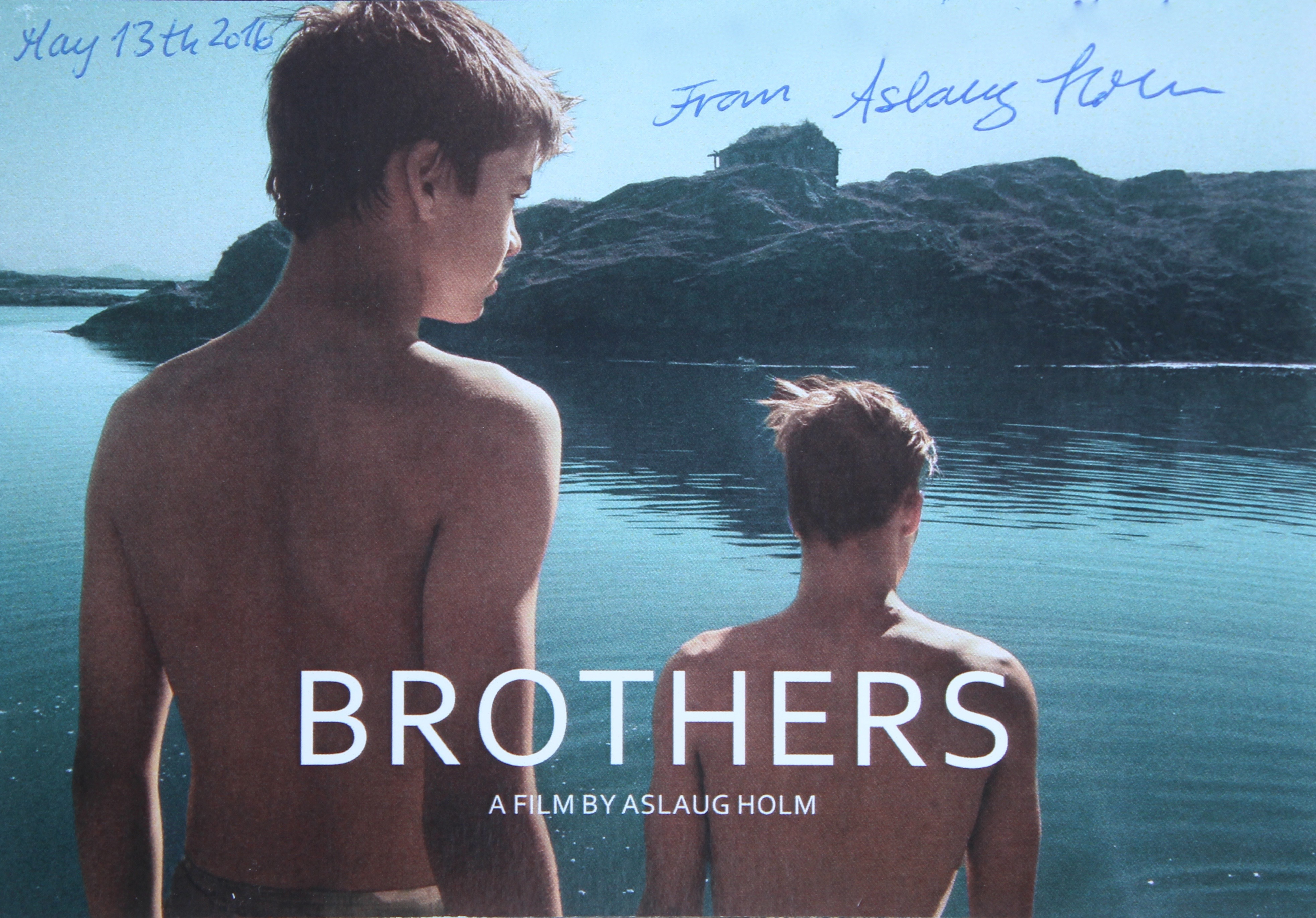
 Taiwan International Documentary Film Festival this year chose Aslaug Holm’s film Brothers as the best international film.
Taiwan International Documentary Film Festival this year chose Aslaug Holm’s film Brothers as the best international film.  Pro China demonstration in Taipei at Film Festival posters shows Taiwan has freedom of speech.
Pro China demonstration in Taipei at Film Festival posters shows Taiwan has freedom of speech. San-San Liu (to the left in the photo) was at the first screening and decided to see the second. When the film won the main prize, she invited family and friends to see the additional performance with her.
San-San Liu (to the left in the photo) was at the first screening and decided to see the second. When the film won the main prize, she invited family and friends to see the additional performance with her.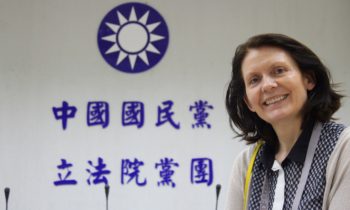
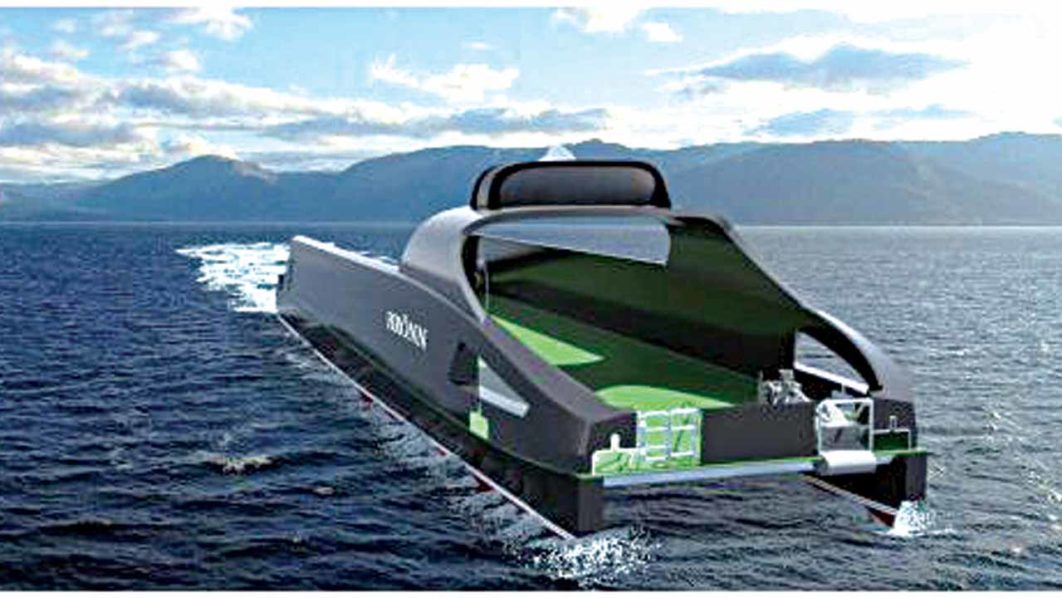
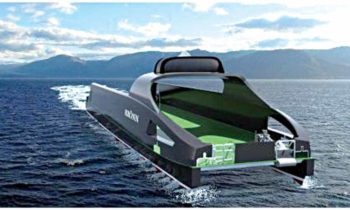 To safeguard lives and protect people from the hazards from the sea environment, United-Kingdom based, Automated Ships Limited, and Norway’s Kongsberg Maritime, have signed a Memorandum of Understanding (MoU), to build the world’s first unmanned and fully-automated vessel for offshore operations.
To safeguard lives and protect people from the hazards from the sea environment, United-Kingdom based, Automated Ships Limited, and Norway’s Kongsberg Maritime, have signed a Memorandum of Understanding (MoU), to build the world’s first unmanned and fully-automated vessel for offshore operations.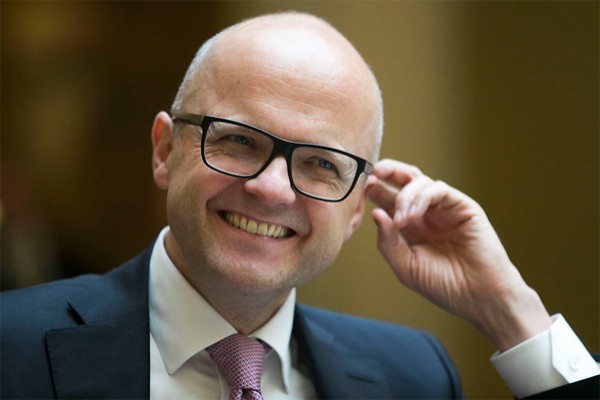
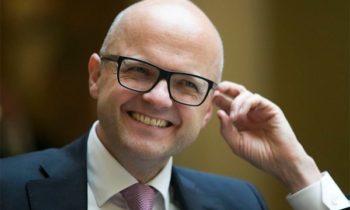 1. The forty-sixth meeting of the EEA Council took place in Brussels on 15 November 2016 under the Presidency of Ms Elisabeth Vik Aspaker, Minister of EEA and EU Affairs of Norway. The meeting was attended by Ms Aurelia Frick, Minister of Foreign Affairs of Liechtenstein, Mr Stefán Haukur Jóhannesson, representing the Minister for Foreign Affairs of Iceland, and Mr Lukas Parizek, representing the Presidency of the Council of the European Union, as well as by members of the Council of the European Union and representatives of the European Commission and the European External Action Service.
1. The forty-sixth meeting of the EEA Council took place in Brussels on 15 November 2016 under the Presidency of Ms Elisabeth Vik Aspaker, Minister of EEA and EU Affairs of Norway. The meeting was attended by Ms Aurelia Frick, Minister of Foreign Affairs of Liechtenstein, Mr Stefán Haukur Jóhannesson, representing the Minister for Foreign Affairs of Iceland, and Mr Lukas Parizek, representing the Presidency of the Council of the European Union, as well as by members of the Council of the European Union and representatives of the European Commission and the European External Action Service.
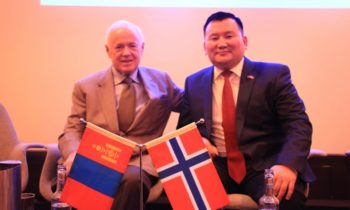 Mongolian MP, L.Munkhbaatar MP has attended a business forum of the Norway-Mongolia Friendship Community, which has taken place in Oslo.
Mongolian MP, L.Munkhbaatar MP has attended a business forum of the Norway-Mongolia Friendship Community, which has taken place in Oslo.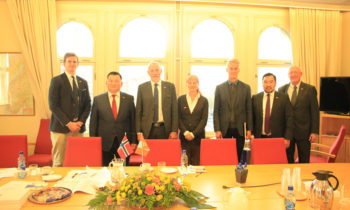 The business forum was attended by the Ambassador Extraordinary and Plenipotentiary of Mongolia to the Kingdom of Norway Z.Altai, Minister-Counsellor E.Bulgan, Economic Advisor B.Battsetseg and the head of the Norway-Mongolia Friendship Community Rolf Amundsen.
The business forum was attended by the Ambassador Extraordinary and Plenipotentiary of Mongolia to the Kingdom of Norway Z.Altai, Minister-Counsellor E.Bulgan, Economic Advisor B.Battsetseg and the head of the Norway-Mongolia Friendship Community Rolf Amundsen.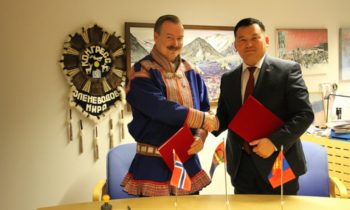 Understanding on Cooperation in improving livelihoods of reindeer herders and providing more opportunities to children from the reindeer herding families to study with scholarships in Norway and other Scandinavian countries.
Understanding on Cooperation in improving livelihoods of reindeer herders and providing more opportunities to children from the reindeer herding families to study with scholarships in Norway and other Scandinavian countries.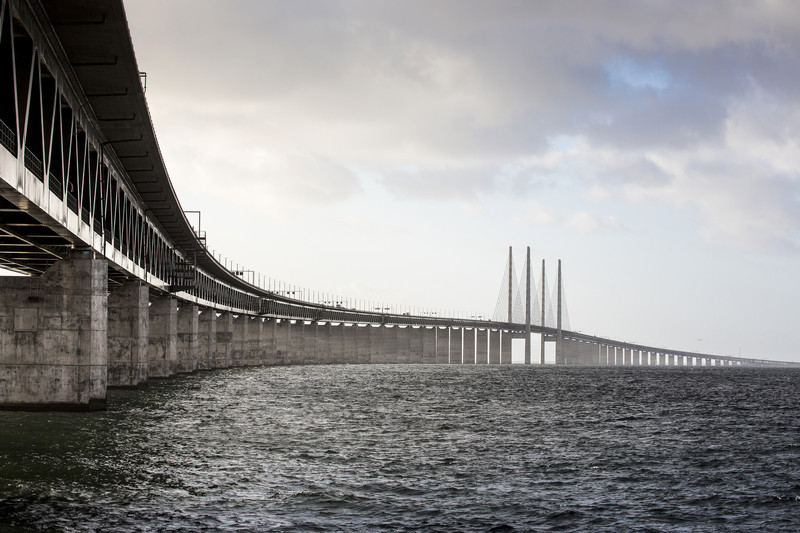
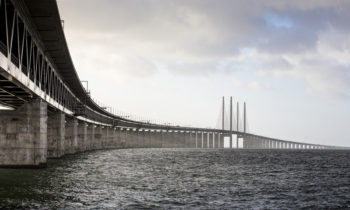 EU states backed extending internal border checks for three months in Austria, Denmark, Germany, Norway, and Sweden.
EU states backed extending internal border checks for three months in Austria, Denmark, Germany, Norway, and Sweden.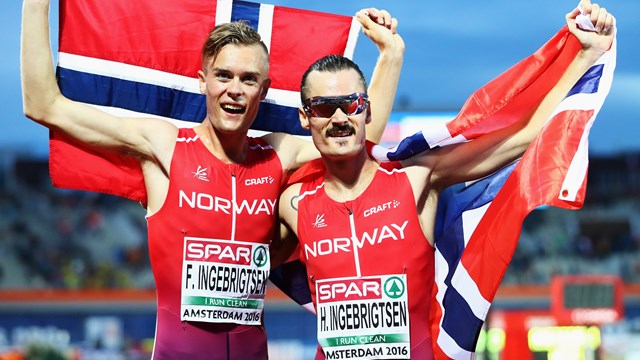
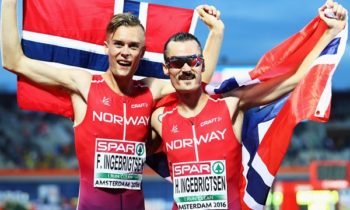 An illustrious line-up gathered in Oslo for the European Endurance Conference from 4-6 November, as part of the European Athletics Coaching Summit Series.
An illustrious line-up gathered in Oslo for the European Endurance Conference from 4-6 November, as part of the European Athletics Coaching Summit Series.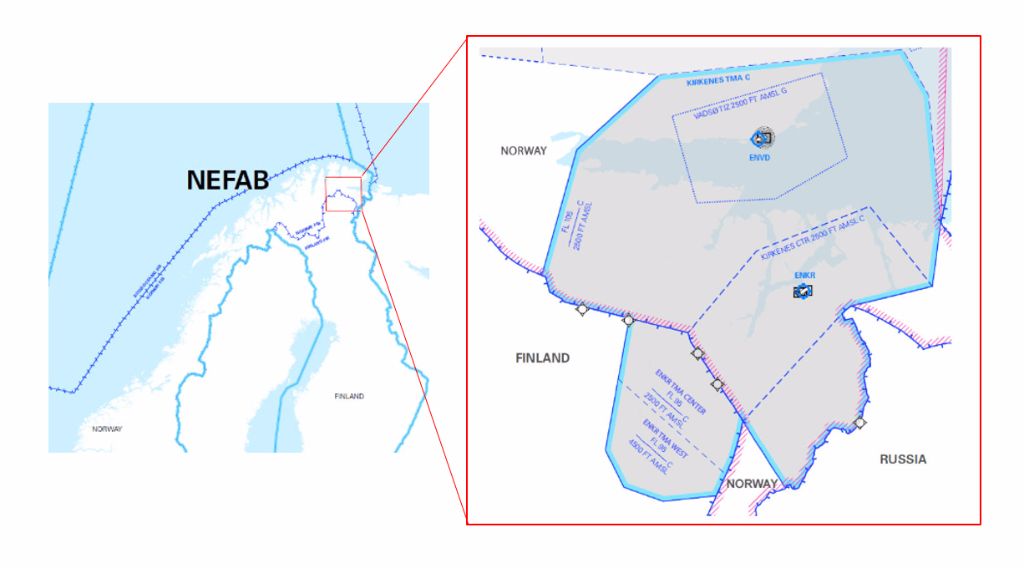
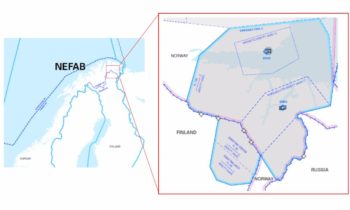 Avinor and Finavia today launched cross border air traffic services across the border of Finland and Norway, where Kirkenes tower/approach is now providing the services in parts of Finnish airspace.
Avinor and Finavia today launched cross border air traffic services across the border of Finland and Norway, where Kirkenes tower/approach is now providing the services in parts of Finnish airspace.